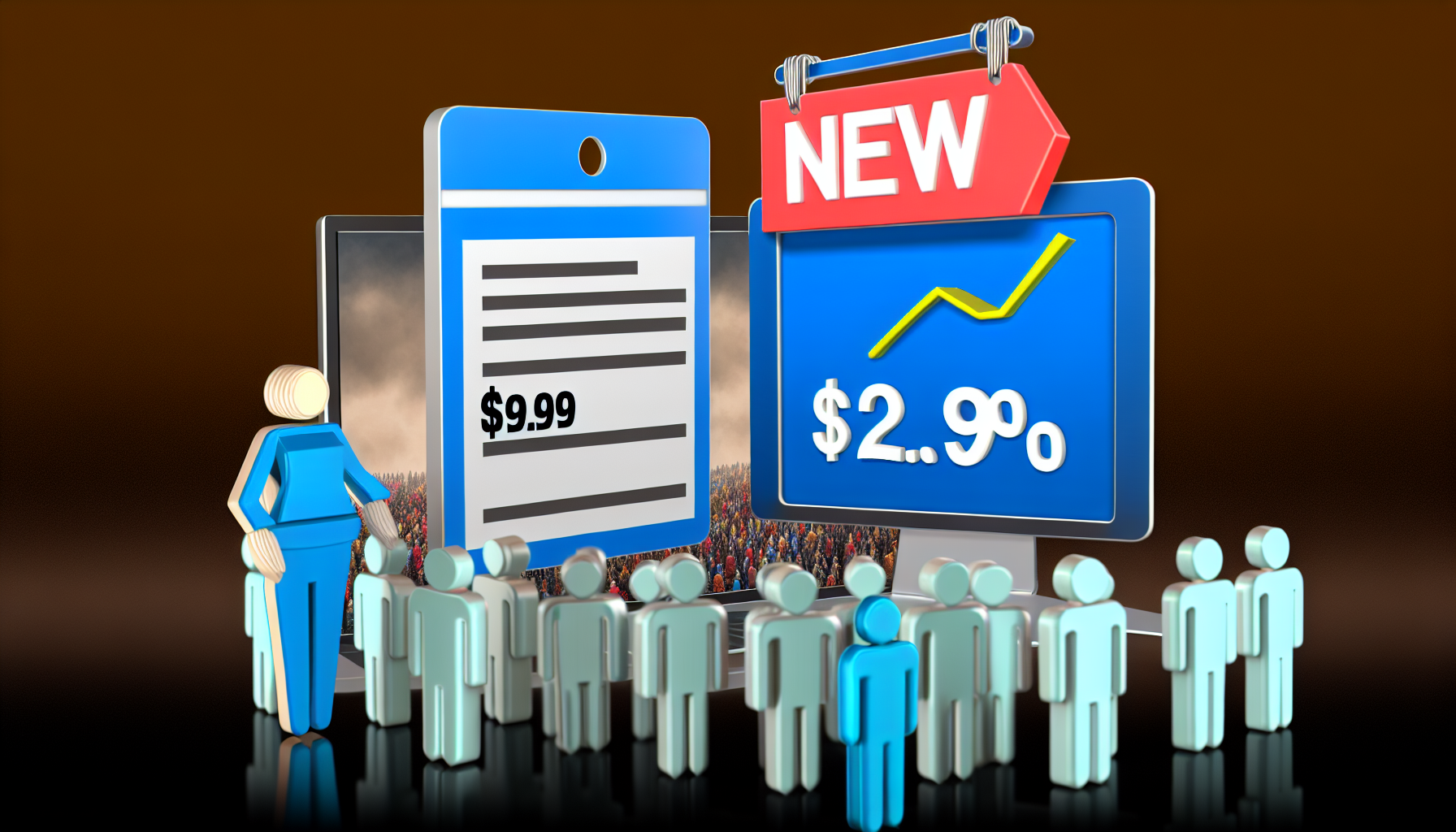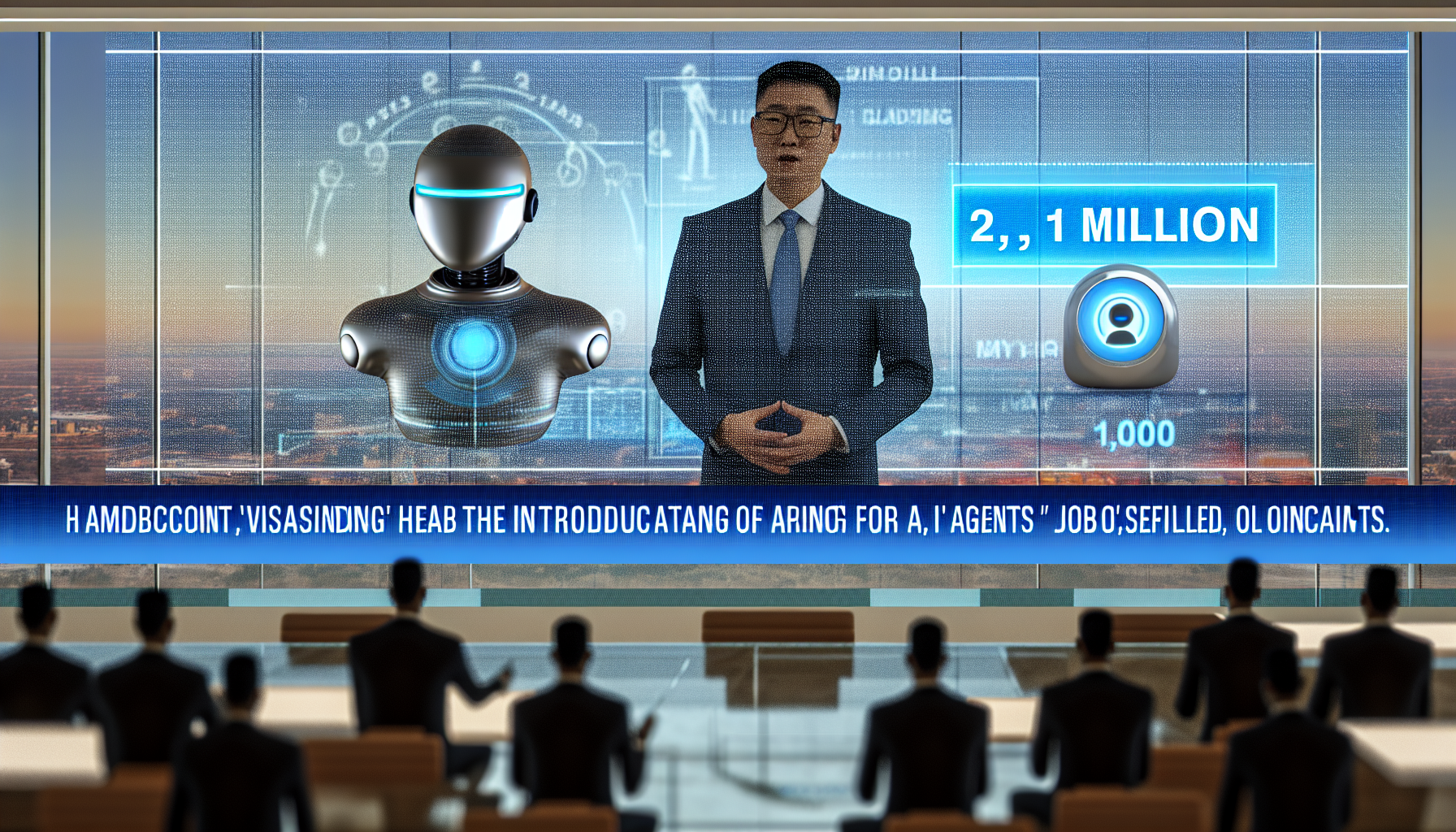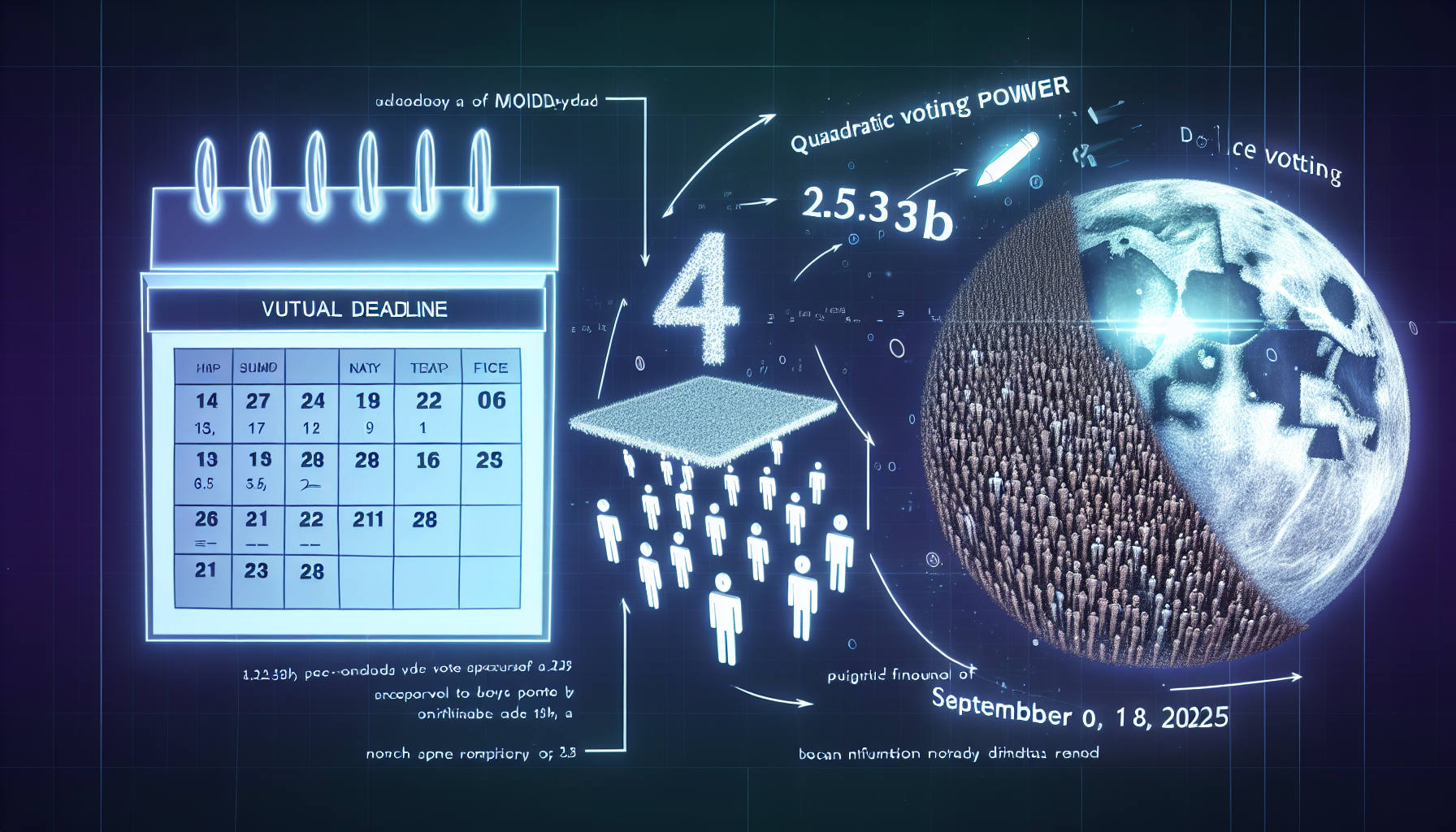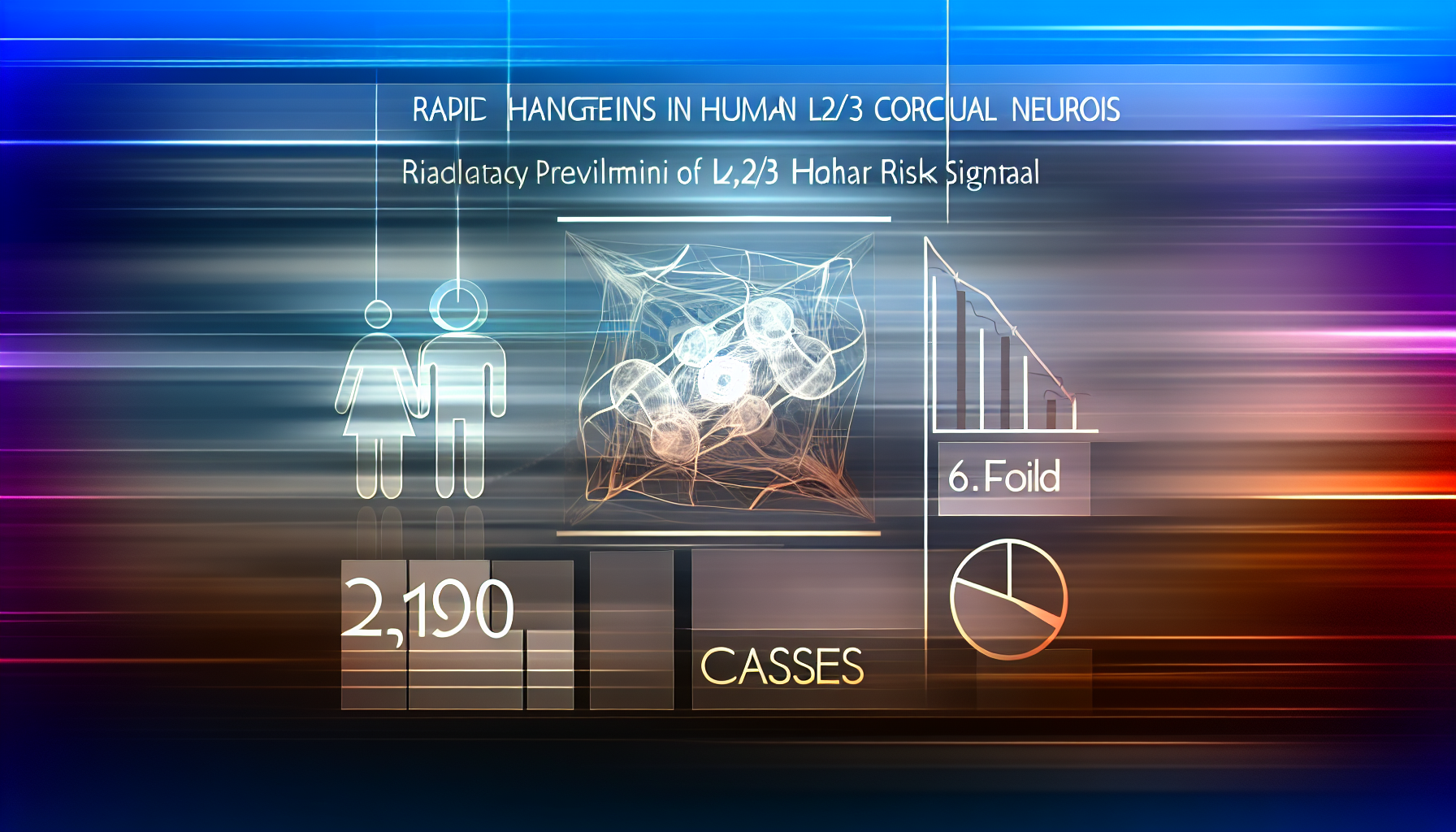Microsoft’s Game Pass is getting markedly more expensive just as the Xbox division absorbs thousands of job cuts—an alignment of events that former FTC chair Lina Khan is calling proof that consolidation hurts consumers and creators. The headline change is stark: a 50% jump taking Game Pass Ultimate from $19.99 to $29.99 a month. The PC tier has also risen, and Microsoft’s broader rework of plans arrives against warnings that the $69 billion Activision-Blizzard acquisition would reduce competition and raise prices.
Khan, who led the FTC’s challenge to the deal through 2023, now argues the results speak for themselves: higher subscription costs, layoffs, and a platform strategy more insulated from market checks. Microsoft counters that Game Pass is adding more value with day-one releases, cloud upgrades, and a growing library. For gamers and developers weighing choice and stability, the math is increasingly unavoidable.
Key Takeaways
– Shows Game Pass Ultimate’s 50% jump to $29.99 on Oct. 1, 2025, up from $19.99, adding $120 annually for long-term subscribers. – Reveals PC Game Pass increases to $16.49 alongside a plan overhaul and more than 400 titles pitched as added value by Microsoft. – Demonstrates layoffs near 11,500 across Microsoft since 2023, occurring after the $69 billion Activision-Blizzard acquisition closed in October 2023. – Indicates Bloomberg-estimated losses of roughly $300 million in Call of Duty sales after titles moved into Game Pass, pressuring margins. – Suggests FTC concerns were validated as Lina Khan links consolidation to higher prices and reduced competition, calling firms “too‑big‑to‑care.”
Game Pass price surge and the consolidation debate
Microsoft has raised the price of Game Pass Ultimate by 50%, lifting the flagship subscription from $19.99 to $29.99 per month on Oct. 1, 2025, a move the company framed as necessary to sustain day-one releases and cloud infrastructure while analysts tied the timing and scale to post‑merger consolidation pressures amid softer console sales [1]. A 50% increase translates into $10 more each month, or $120 per year, for long‑tenured subscribers.
Price resets on subscription platforms can be sticky. Once instituted, they rarely reverse, creating a new anchor for perceived value and household gaming budgets. For Microsoft, the calculation is straightforward: premium content commitments and cloud delivery costs must be recouped. For consumers, the question is whether Game Pass remains a net savings over buying games à la carte.
A secondary market signal is the breadth of the price move. Not only does it touch Ultimate—the tier most associated with cloud features and day-one drops—but it also sets expectations for the entire stack. If the top shelf is $29.99, every other tier’s value proposition will be measured against it, pushing users to reconsider which level meets their usage patterns and wallets.
Game Pass content promises vs. consumer costs
Microsoft has paired the hike with a plan revamp that rebrands tiers, raises PC Game Pass to $16.49, and touts a catalog exceeding 400 titles, arguing that more content plus cloud and day‑one access offsets higher fees for most players [2]. The sales pitch is classic bundling logic: more quantity, more recency, more delivery options.
On paper, the economics can still work for frequent players. A single modern AAA title retails around $70; two day-one games in a month can justify the Ultimate fee. But that arithmetic depends on individual behavior. If you primarily sample indies or backlog titles, or if your playtime is light, your effective “cost per hour” may rise even as the library expands.
There’s also the volatility of day-one commitments. Delivering major releases into a subscription shifts revenue recognition and can cannibalize sales, especially if users churn in and out to capture premium launches. That dynamic forces platforms to find a delicate balance between using shiny content to attract and retaining subscribers month after month without eroding unit sales beyond tolerance.
Layoffs, cancellations, and the post‑merger fallout
Beyond pricing, the workforce picture has darkened. Reporting collated by PC Gamer counts layoffs near 11,500 across Microsoft since 2023 while quoting Lina Khan’s assessment that “significant price hikes and layoffs” following the Activision deal are “harming both gamers and developers,” a line that crystallizes the antitrust argument in human terms [3]. For affected studios and support teams, uncertainty over greenlights and long‑term roadmaps compounds the damage.
GamesRadar added operational context: high‑profile project cancellations such as Perfect Dark and Everwild, studio closures, and an estimate—sourced to Bloomberg—of roughly $300 million in lost Call of Duty sales after titles were added to Game Pass, underscoring how subscription cannibalization can boomerang into budget cuts and portfolio pruning [4]. If tentpoles earn less at retail because they’re included in a pass, the pressure to right‑size teams or shelve riskier projects can intensify.
Layoffs and cancellations rarely land in isolation. They ripple through tool vendors, QA partners, localization shops, and esports ecosystems, thinning the broader industry graph. For gamers, that shows up as fewer experimental projects, longer waits between installments, and more emphasis on sequels with proven demand curves. For developers, it often means consolidation into fewer buyers with more leverage.
How the numbers add up for players and for Microsoft
Consider Ultimate’s new price in monthly budget terms. At $29.99, a subscriber paying year-round will spend $359.88 annually. Even a nine‑month “on/off” strategy totals $269.91, a sizable commitment. The PC tier at $16.49 costs $197.88 a year. Those totals are manageable for heavy users who replace multiple $70 purchases, but they’re tougher to justify for casual players who might purchase only two or three full‑price games annually.
From Microsoft’s perspective, the bet is on average revenue per user rising faster than churn. A 50% price lift can tolerate a meaningful percentage of cancellations and still keep revenue flat or up, especially if high‑engagement cohorts stay. The complication is content cadence. To minimize churn spikes, the platform needs a steady drumbeat of compelling releases, and that demands investment precisely when cost‑cutting is happening elsewhere.
There’s also catalog composition. A library of 400+ games is impressive, but the engagement is not evenly distributed. A small slice of blockbuster titles typically commands the majority of hours. If those blockbusters carry lower retail sales due to inclusion in Game Pass, the service must offset with subscriber growth, higher ARPU, or new monetization—ads, DLC, cosmetics—to keep the flywheel spinning.
Game Pass, competition, and the “too‑big‑to‑care” critique
Khan has tied these outcomes to the FTC’s original case, reiterating that the October 2023 close of the Activision deal followed failed legal attempts to halt it and arguing that consolidation breeds higher prices and fewer choices—a “too‑big‑to‑care” posture she says is now visible in Xbox’s pricing and restructuring [5]. That thesis contends that when ownership concentration rises, competitive guardrails weaken, letting platforms set terms with less fear of losing share.
For competitors, the check on Microsoft’s pricing power is their own slate strength and differentiation. If rival services can counter with exclusive content, stable pricing, or more flexible month‑to‑month options, they can attract price‑sensitive subscribers who balk at $29.99. But if the market’s center of gravity consolidates around one or two platforms, switching costs and network effects intensify, and price signals become less disciplined.
Consumer behavior will dictate the near‑term verdict. Watch churn in the quarter after the hike, measure re‑activations around marquee releases, and track how often subscribers toggle between tiers. If value perceptions stay intact—helped by big day‑one drops—ARPU will rise. If not, pressure will mount to sweeten offers, introduce annual discounts, or stagger access windows to protect core retail sales.
What to watch next in the subscription cycle
– Pricing ladders: Will Microsoft lean harder on annual plans or family bundles to reduce churn, or test regional pricing granularity to defend subscriber growth without sacrificing ARPU? – Content pacing: Expect day‑one timing and third‑party participation to fluctuate as publishers recalibrate the trade‑off between upfront sales and subscription payouts. – Developer economics: Smaller studios will assess discoverability and revenue share with sharper scrutiny; pipeline shifts will show up in 2026 slates. – Competitive promos: Rivals could deploy aggressive introductory offers or permanent lower tiers to siphon off price‑sensitive segments. – Regulatory temperature: Renewed policy attention could focus on transparency around revenue splits, exclusivity clauses, and the impact of platform cancellations on market diversity.
Game Pass value check: who wins and who loses now
For power users deeply embedded in Xbox’s ecosystem, Game Pass may still be a net win—especially if a steady cadence of major releases returns. For mid‑core players and families juggling multiple subscriptions across entertainment, $29.99 is a meaningful psychological and financial threshold. The sharpness of this hike risks turning a “no‑brainer” deal into a “do‑the‑math” decision each month.
Developers, meanwhile, face a dual‑track reality. Platform payouts can provide predictable revenue and exposure, but volatility in cancellations and budget resets can erase safe harbors quickly. The $300 million Call of Duty example illustrates how a platform’s strategic decision to prioritize subscription value can reverberate through P&Ls, staffing, and greenlight committees. In that light, Khan’s “I told you so” lands not just as rhetoric but as an empirical claim about post‑merger incentives.
The next twelve months will reveal whether Microsoft’s calculus—higher prices in exchange for a bigger, more immediate catalog—stabilizes the service or accelerates fragmentation as users hop between platforms when the must‑play hits. If the price floor holds and content cadence stumbles, expect further scrutiny of consolidation’s real costs and the industry’s renewed appetite for diverse funding and distribution models.
Sources:
[1] Reuters – Microsoft raises top Xbox Game Pass subscription by 50%: www.reuters.com/technology/microsoft-raises-top-xbox-game-pass-subscription-by-50-2025-10-01/” target=”_blank” rel=”nofollow noopener noreferrer”>https://www.reuters.com/technology/microsoft-raises-top-xbox-game-pass-subscription-by-50-2025-10-01/
[2] The Verge – Microsoft revamps Xbox Game Pass plans and hikes Ultimate to $29.99 a month: www.theverge.com/news/789424/xbox-game-pass-premium-essentials-ultimate-price-increase-changes” target=”_blank” rel=”nofollow noopener noreferrer”>https://www.theverge.com/news/789424/xbox-game-pass-premium-essentials-ultimate-price-increase-changes [3] PC Gamer – As Microsoft lays off thousands and jacks up Game Pass prices, former FTC chair says I told you so: The Activision-Blizzard buyout is ‘harming both gamers and developers’: https://www.pcgamer.com/gaming-industry/as-microsoft-lays-off-thousands-and-jacks-up-game-pass-prices-former-ftc-chair-says-i-told-you-so-the-activision-blizzard-buyout-is-harming-both-gamers-and-developers/
[4] GamesRadar – Amid Xbox layoffs and a 50% Game Pass price hike, former FTC chair slams ‘too-big-to-care’ Microsoft’s Activision-Blizzard buyout: www.gamesradar.com/platforms/xbox/amid-xbox-layoffs-and-a-50-percent-game-pass-price-hike-former-ftc-chair-slams-too-big-to-care-microsofts-activision-blizzard-buyout-thats-harming-both-gamers-and-developers/” target=”_blank” rel=”nofollow noopener noreferrer”>https://www.gamesradar.com/platforms/xbox/amid-xbox-layoffs-and-a-50-percent-game-pass-price-hike-former-ftc-chair-slams-too-big-to-care-microsofts-activision-blizzard-buyout-thats-harming-both-gamers-and-developers/ [5] VideogamesChronicle – As Xbox raises Game Pass prices, former FTC chair says it warned Activision deal would ‘harm gamers’: www.videogameschronicle.com/news/as-xbox-raises-game-pass-prices-former-ftc-chair-says-it-warned-activision-deal-would-harm-gamers/” target=”_blank” rel=”nofollow noopener noreferrer”>https://www.videogameschronicle.com/news/as-xbox-raises-game-pass-prices-former-ftc-chair-says-it-warned-activision-deal-would-harm-gamers/
Image generated by DALL-E 3











Leave a Reply